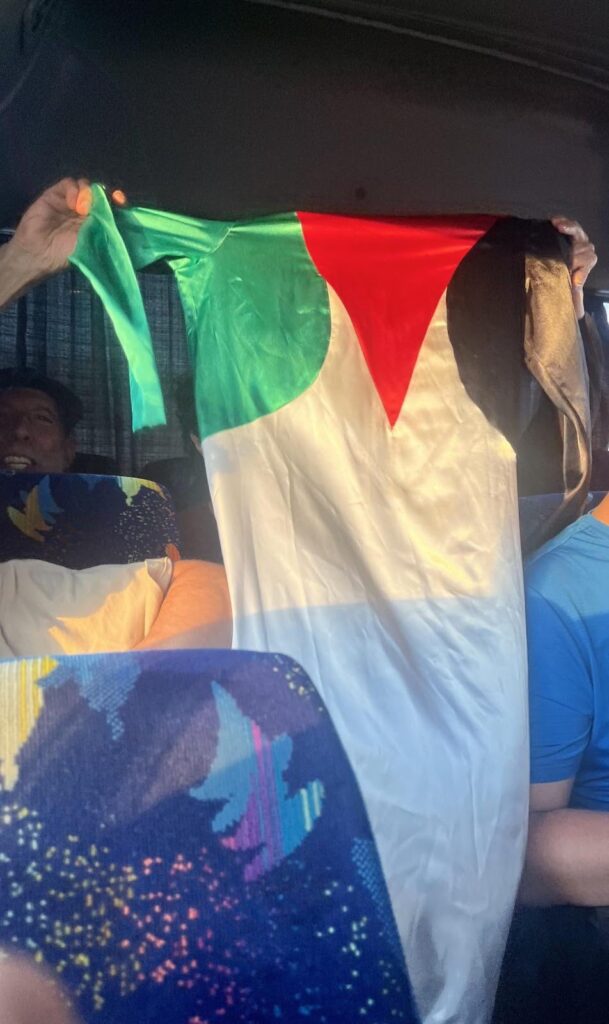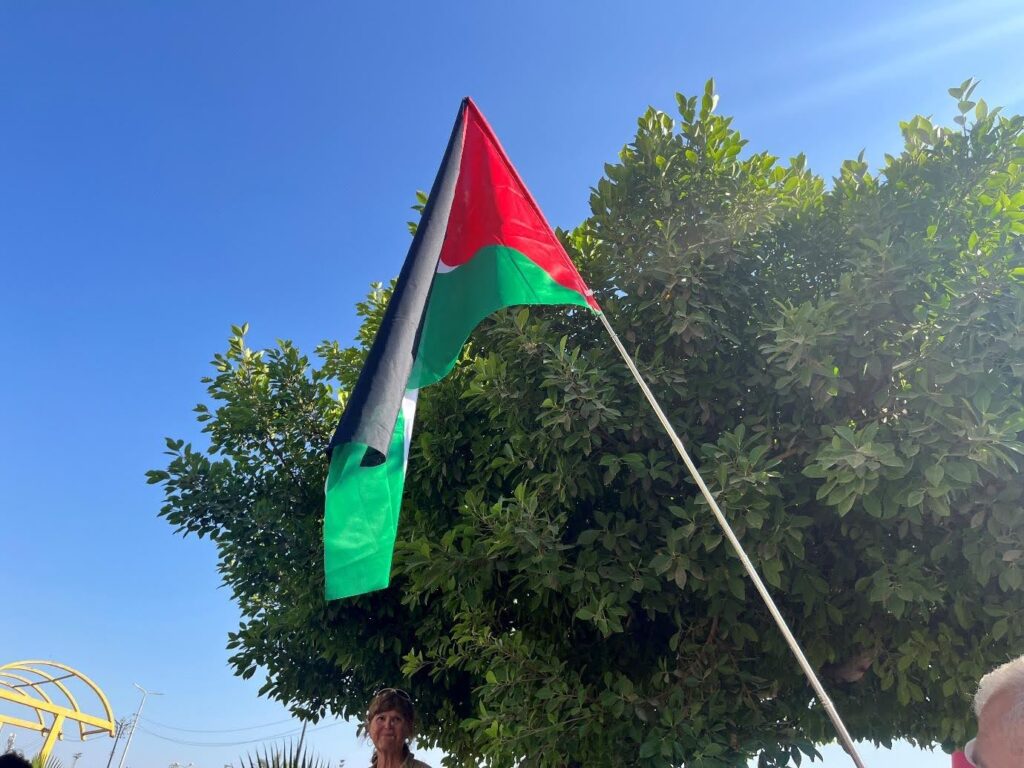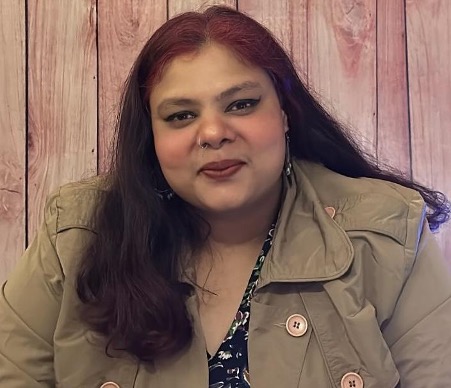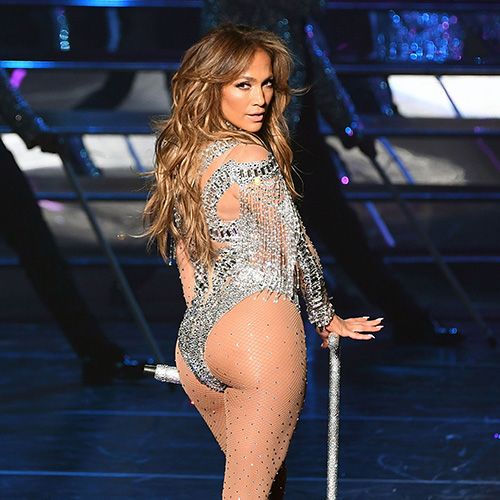Indian journalist and editor Nikita Jain shares her firsthand experience, from India to Egypt, to join the Global March to Gaza in June, where, despite detention and intimidation by Egyptian authorities, a global community stood firm in their solidarity with Palestine.
✍🏾 Nikita Jain
“The Palestinian cause is not a cause for Palestinians only, but a cause for every revolutionary, wherever he is, as a cause of the exploited and oppressed masses in our era.” — Ghassan Kanafani, Palestinian author and political activist, who was assassinated on 8 July 1972 in Beirut by the Mossad, the Israeli foreign intelligence service.
As journalists, we are expected to be neutral, work in a balanced and impartial way, and be detached from the reporting. It was after reading the work of many political activists and journalists, including Ghassan Kanafani, Bhagat Singh (Indian freedom fighter) and George Orwell, and so many others that I realised how neutrality in journalism might support an agenda that contributes to the silencing, preventing people from speaking out against the grave human rights violations happening in different parts of the world.
After covering the atrocities that minorities and systematically marginalised groups have been facing in India for the past eight years, my idea of neutrality was tossed out the window. How can one be neutral after holding a dying Muslim child in their hands as the Hindutva mob burnt and killed them?
However, 2023 was the year that changed me completely.
Palestine, it seems, has woken up the world from a slumber, with people all across the globe demanding accountability for the genocide taking place in Gaza and the West Bank, not just since 7 October 2023, but from decades of oppression that Palestinians have faced at the hands of Israel and its allies.
As a journalist, watching a genocide unfold live on our phone screens shook my morals to the core. As someone who cares about human rights, Palestine opened my worldview and made me realise my ignorance. I wanted to do more, and I pounced on this opportunity the moment I got a chance.
I started questioning everything, and that is when it hit me. We had been ignorant. Unless someone was going through it, people did not bother to know about history and politics. That may be why I decided to join and cover the Global March to Gaza in Egypt, which was planned for June 13 to June 19.
Everything happened in a haze. The moment I found out about it, I wanted to be a part of it. I mean, solidarity through social media was not enough. In India, protests in support of Palestine have been facing a crackdown, with activists facing serious charges and being jailed in some cases.
Knowing the consequences, I still decided to apply. Maybe it was because I understood my privilege.
It just happened in haste – I learned about the event, registered, then applied for a visa and booked my tickets. Everything was settled within 3 to 4 days.
Back home, Indian civil society members and peers advised me against going. “You will face consequences,” an Indian Muslim activist and one of the few leading civil society voices had warned me.
However, many people showed their support. “I think you should go. Represent us all,” another activist told me during a call. With the support of my editors from Maktoob Media and Migrant Women Press, I decided to take this risk.
The Global March to Gaza was a risky movement, due to Egyptian government repression; nevertheless, it was powerful.
Thousands of people from more than 50 countries were expected to join, including civilians, activists, journalists, doctors, and people from different walks of life.
But there were warnings given to the organisers by Egyptian civil society. Despite being a Muslim-majority country, Egypt has stopped any kind of protest supporting Palestine or any protest at all from happening in the country. An Egyptian journalist told me that anyone who tries to cover or advocate for Palestine is jailed or charged with serious offences.
Nonetheless, people joined. They joined despite the fact that they might face consequences back home if something serious were to happen. The political chaos of the world has knocked on the doors of every country. People are angry, watching a genocide taking place live on their phone screens.
The World Came Together for Palestine
The day I was leaving, my parents came to drop me off at the airport. I was anxious and excited. “Thank you for letting me be, for being supportive,” I said before I hugged my mother.
From a middle-class family, where the primary concern was to live a decent life, caring about others never felt real until my parents provided me with a good education. In India, parents have a hard time understanding why it is important to raise their voices, now more than ever, about the ongoing genocides.
I kept looking back at the parking lot, towards my parents, uncertain of what awaited us at the march, as I continued to hear news of the Egyptian government deporting delegations. As I looked back a third time while standing in a long queue, I saw my dad standing in the waiting area, watching me go. I think he had a hunch.
After 12 hours, I reached Cairo. I was uncertain, anxious, but determined. I was closer to Palestine. The thought itself was giving me jitters.

On June 13, we were told to reach Ismailia, a city in Egypt located approximately 1.5 hours from Cairo. Situated on the west bank of the Suez Canal, it is the capital of the Ismailia Governorate.
After crossing two checkpoints, where the Egyptian Police did not check our documents, which confused the drivers too, we reached the assembly point. The idea was to reach the Sinai Peninsula, a sparsely populated desert region between the Red Sea and the Mediterranean Sea. From there, the actual march would have started, and we would have reached the Rafah Border on the Egyptian side. Unlike many mainstream media outlets spreading misinformation, no one was going to forcefully break the border and go into Gaza. It was a peaceful march.
A few of us had reached Ismailia early and were standing with no more than ten people when the Egyptian Police approached, telling us they needed to see our passports. They told us this was a “security protocol”. However, we knew that it wasn’t legitimate and were hesitant to give up our passports.
It was when they started getting aggressive that many of us were forced to hand over our passports.
But I want to write about what I witnessed there: how people from different parts of the world came together for Palestine.

Just before the Egyptian police beat and detained us, people from different parts of the world were peacefully chanting. After realising that the authorities would not let us move forward, the people there decided to stay put. “Either we go forward or we stay here,” someone shouted at the Egyptian police.
The plan for the march did not go as planned due to the detentions, and the whole march was cancelled after June 13. The organisers told everyone to stay put until June 14; however, with the Egyptian police’s continuous harassment and arrests of activists from their hotels, the organisers cancelled the entire event due to security reasons.
With keffiyehs on their shoulders and the Palestinian flag in the sky, the air changed. From a tense environment, it became charged — charged with the emotions that had eventually brought us there.

As more people joined in, both old and young, the crowd grew larger, and so did the tensions among the authorities. Behind the two checkpoints, thousands were stopped from coming to Ismailia. People started protesting at the two checkpoints. The Egyptian authorities were stuck.
At the behest of the Israeli government, they had stopped peaceful protests, but it did not break anyone’s spirits. Simultaneously, Sumud, or the Tunisian Convoy had almost reached the Egyptian borders.
“From the river to the sea, Palestine will be free”, chants filled the air in Ismailia.
We can’t solely blame the Egyptian government for what happened. A government complicit with imperialist regimes like Israel and the United States doesn’t have a footing. They were also afraid of a bigger revolution by their own people, due to the dictatorial regime, and were bound to be scared. It only exposed their faces further. This is what so many Egyptian activists and journalists had been saying, for which they were also incarcerated and which is the reason they were also not involved in the global march.
On the other hand, how Palestinians are treated in the refugee camps of Cairo is another reality that many got to know there.
Overall, the attention should not move from the fact that Gaza is being bombed by Israel and the US, and “the Arab nation is mum”. There was an expectation that, as Muslims are all united, the Arab nations would not let the genocide go on for so long. This is why, in the initial days, the Palestinians used to give statements like “Shame on the Arab nations for abandoning us”.
The Arab nations refer to Muslim-majority countries in the Middle East. It is to be noted that most of the Arab countries, like Egypt, Jordan, and even Qatar, have done nothing to stop the genocide.
With Israel stopping gas to Egypt and Jordan, it is a point of panic and humiliation for regimes that have left their own to die. During the Israel-Iran tensions, Israel temporarily halted natural gas exports to Egypt and Jordan due to security concerns related to military action against Iran. This led to a six-day disruption in supply, impacting Egypt’s energy supply as it heavily relies on Israeli gas imports.
All this was done during the time we were there, so the Egyptian government was in chaos.
The Global March to Gaza was all about breaking the siege. Thousands of people from almost 50 countries, despite language barriers, travelled to a foreign land. That’s what Palestine did — it brought us all together.

I will remember all the people I met on this trip. I will remember the Palestinians who were so happy that people from India were there. I want to thank a few people who held me there, who didn’t judge me when I cried, and who cried with me. I will not forget the little nods people gave to each other when they realised they were from the march.
Many people were deported a few days before the march when the Egyptian authorities raided their hotels at night. Nobody revealed that they were there for the protest and only nodded at each other.
Palestine exposed the world. A world that was already rotting, but was exposed and had the fake carpet that had been hiding it all removed.
While we were stranded at Cairo Airport, without passports, beaten and hurt, with no idea what was to come, Zina — a beautiful, kind soul who lives in Bangladesh— said that one of her friends in Gaza had his birthday that day.

He is also a poet, with one of his poems published in a book. Another activist, Christine, a French national, read his poem out loud, reminding us of the reason not to give up hope. Our own nightmare took a back seat as the beautiful words of Belal Adnan, a young Palestinian poet, echoed through the halls of Cairo Airport. Some had tears, some were quiet, but at that moment, we realised why we had come there.
Adnan writes:
“If I had to leave,
I will leave you with the memories,
But I really don’t want that for you,
Because if I had the chance,
I wouldn’t leave you,
And I wish I could take them all with me to spare you the pain and to shield you from grief,
I wish I would perish from your mind and from your soul,
But that sounds impossible…”
Egypt, you stole my passport, my money and my dignity. But I don’t have any regrets. I would probably do it again in a heartbeat.

My passport is still in Egypt, somewhere. However, the experience was nothing compared to what so many others went through, especially those who were Palestinians and forcefully detained after being tortured and beaten.
Overlooking the Nile River, I missed home, but more than that, I felt for Palestine. As the shrieks of babies still filled our timelines, I wanted to shout, jump, and march towards Rafah, a sentiment I know everyone who joined felt.

One Struggle, Many Voices
India’s ruling Bharatiya Janata Party (BJP) government, which is accused of complicity in this genocide, has also been accused of sending weapons to Israel. Despite outrage from civil societies, the Indian government has refused to comment on the matter. India, which has also been accused of committing violence against minorities and the systematically marginalised across the country, has been facing a global backlash. Since the BJP government came to power, attacks such as mob lynchings, anti-terror cases and massive displacement have been taking place against Muslims, while hate crimes continue against other religious minorities, Dalits and tribals. There is also a massive curb on free speech, with civil society and journalists facing the brunt, with cases being filed against them.
So, when many “concerned” people asked me to concentrate on India, I told them how all issues are interrelated. To them, it does not matter how the violence against religious minorities, Indigenous and systematically marginalised communities echoes the machinery of oppressors everywhere.
It is also a massive global concern what India is doing in Kashmir.
In 2019, the Government of India took a historic and controversial step by revoking Article 370, which granted special status to Jammu and Kashmir (J&K). The Union Government, led by Prime Minister Narendra Modi and Home Minister Amit Shah, made two major announcements —the abrogation of Article 370, whereby the government revoked Jammu and Kashmir’s special status by making Article 370 inoperative through a Presidential Order.
It is no surprise that many Kashmiris see strong parallels between their struggle and that of the Palestinians.
The Kashmir Valley remains one of the most heavily militarised regions in the world. While the territory is divided between India, Pakistan, and China, those living in Indian-administered Jammu and Kashmir often describe their lives as confined within an ‘open-air prison.’
With a dense deployment of armed forces, constant surveillance, and restrictive laws such as the Armed Forces Special Powers Act (AFSPA), daily life is marked by checkpoints, raids, detentions, and a pervasive sense of fear. This ongoing militarisation, combined with restrictions on civil liberties and freedom of expression, has led many Kashmiris to draw comparisons with other occupied or conflict-ridden regions around the world.

But the world is waking up at a heavy cost. The Global March to Gaza was the first step, and so were the Flotilla Ship and Sumud Convoy, because a lot more is happening.
On the other hand, soon after the Flotilla ship, carrying 12 activists, including climate change activist Greta Thunberg, was stopped, Malaysian civil society organisations announced a plan to launch what they describe as the largest maritime mobilisation in the world to break the Israeli blockade on the Gaza Strip. The campaign, known as the “Thousand Ship Flotilla”, aims to dispatch vessels from multiple continents in a coordinated effort to deliver humanitarian aid and pressure Israel to end its siege.
I had to leave Cairo via an emergency passport, and while there was relief, my heart felt heavy. I hugged everyone. Tense and sleepless, we had been each other’s anchors. There was Mohammad Hatem, a Palestinian who had travelled to Egypt from Gaza with his grandmother a few months back.
In his eyes was a fire to do something for his community. Hatem is a photojournalist whose family is still in Gaza. “I wish I was there with my family there. But I had to be there for my grandmother,” he said.
Along with working and trying to fend for himself, he is also trying to gather help for the Palestinians in Egypt. “We are so thankful you guys came for the march,” he said to a group of people.
We looked down at our feet, thinking: how can they thank us? But this is who the Palestinians are.
I will conclude this article with a moment that still sticks with me the most. As we were detained and the bus started moving away from Ismailia, with many activists sitting together refusing to move, even as Egyptian police beat them, injuring many, a young teenage boy from France was forcefully dragged and shoved into our bus.
He took his head out of the window and shouted, “Gaza, I will be back. I promise I will. No matter how many times they detain and deport me, I will come for you that many times. Just wait for me. I will come back.”

At that point, tears streamed down. I looked back at the sky turning into evening blue. But the tears turned into something else when a Palestinian-Dutch woman took out a traditional dress, which had a Palestinian flag on it and started chanting “Free Palestine”.
The chants lasted long, even hours, despite the pain, despite the disappointment. That day, the whole of Egypt heard the chants of “Free Palestine”, just like the world is now chanting it.
“Here on the slopes of hills, facing the dusk and the cannon of time
Close to the gardens of broken shadows,
We do what prisoners do,
And what the jobless do:
We cultivate hope.”
Excerpt from Under Siege by Mahmoud Darwish, Palestinian poet and author.

Nikita Jain is a journalist based in Delhi, India. She covers gender, human rights, conflict, migration, the environment, and land rights, among other issues from the region.



